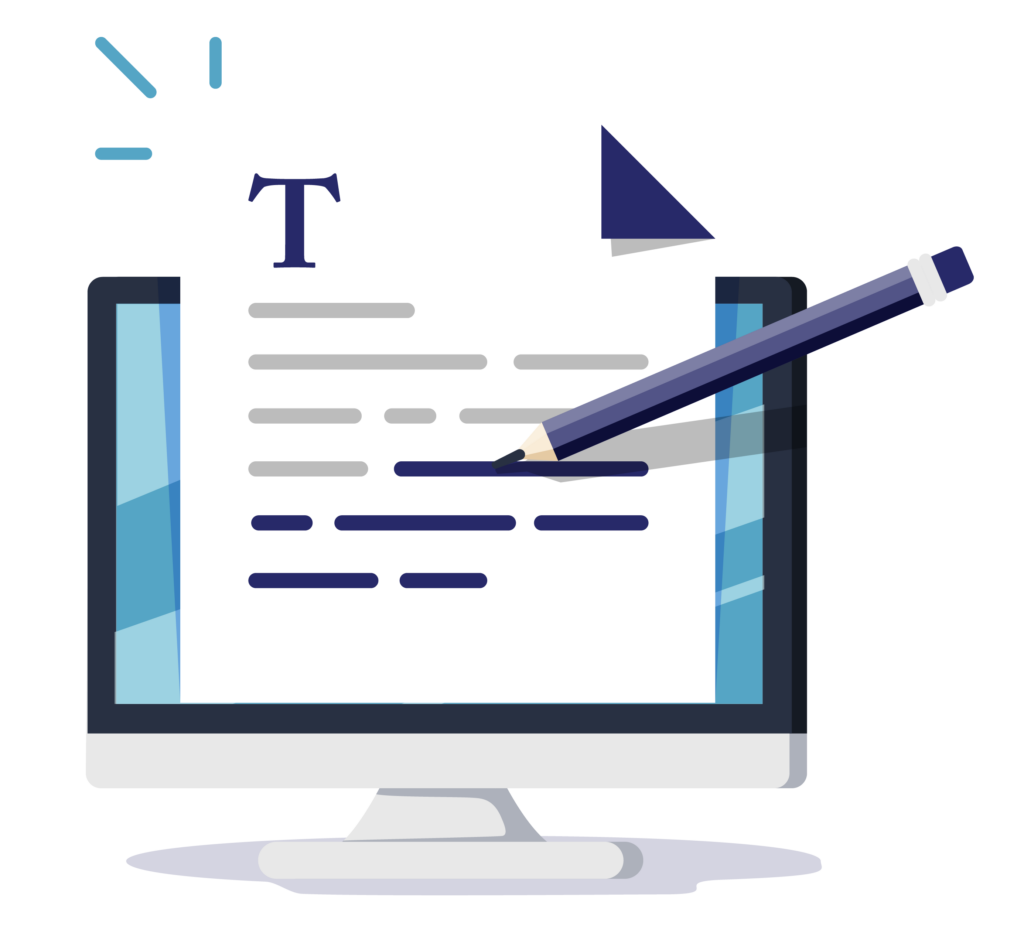In today's competitive job market, it's crucial to set yourself apart from other candidates in terms of qualifications and skills, as well as professionalism and follow through. One often overlooked – but powerful – gesture is sending a thoughtful thank-you note after an interview. Not only does this increase your likelihood of being remembered, it also provides an additional opportunity to express why you're the perfect fit for the role.
Below are some key points to keep in mind to make the most out of this small but mighty tool:

Act quickly.
Hiring decisions are often made fast, with multiple candidates in consideration. Aim to send a thank-you note within a few hours of your interview if possible (24 hours at the most). Handwritten notes are no longer the expectation; send your note via email to increase the likelihood that your message reaches the right person promptly. If you're unsure of the interviewer's email address, don't hesitate to ask the recruiter or individual who scheduled your interview for assistance.
Personalize your message.
Tailor your thank-you note to each person you met with during the interview process and mention the role, company and key details of your conversation. This could include highlighting a few points that resonated with you or hitting on specific aspects of the role. For instance, even a simple line such as, "I loved hearing about the great things you’ve been able to do at [Company Name], such as [accomplishment],” can help strengthen your connection and demonstrate you were engaged in the conversation.
Maintain a balance of enthusiasm and professionalism.
While it’s important to stay professional, be conversational in your tone and express your enthusiasm and gratitude. Thank the interviewer for the opportunity to discuss the position and acknowledge they took time out of their schedule to do so. A simple “Thank you for taking the time to meet with me" can go a long way.
Reiterate and clarify your capabilities.
In today's job market, it's not uncommon for employers to meet with several candidates. Your thank-you note is your chance to reaffirm your interest in the position and the company, as well as remind the interviewer of your key qualifications and the value you bring. Was there something you wanted to share but time didn’t allow? Did you feel you didn’t adequately express a certain skill or capability? This additional touch point offers the opportunity to solidify why you are right for the role.
 Edit and proofread.
Edit and proofread.
While your note shouldn't be too short or vague, be mindful of keeping it concise and impactful. Before sending, proofread meticulously for any typos or errors. You may utilize AI-powered proofreading tools like Grammarly for added assurance that you are presenting yourself in the best possible light.
![]()
Here's a sample thank-you note template to get you started:
Dear [Interviewer's Name],
Thank you for the opportunity to interview for the [job title] position at [Company Name] earlier today. I thoroughly enjoyed our conversation and learning more about the role and the team.
I am particularly excited about [something specific you discussed that interested you about the company or role]. I believe my [relevant skill or experience] makes me a great fit for the position and I am eager to contribute to [Company Name]'s success.
If there is any additional information I can provide to support my candidacy for the role, I am happy to share it. I am looking forward to the possibility of joining the team.
Thank you again for your time and consideration.
Sincerely,
[Your Name]
![]()
While a well-crafted thank-you note alone won’t land you the job, it is definitely a valuable way to stand out amid a sea of similarly qualified candidates. Even if you ultimately decide the role isn’t for you, being gracious helps build relationships with hiring managers and recruiters for future opportunities. For more insight on a successful and effective job search, view our recent blog on crafting a strong resume.



